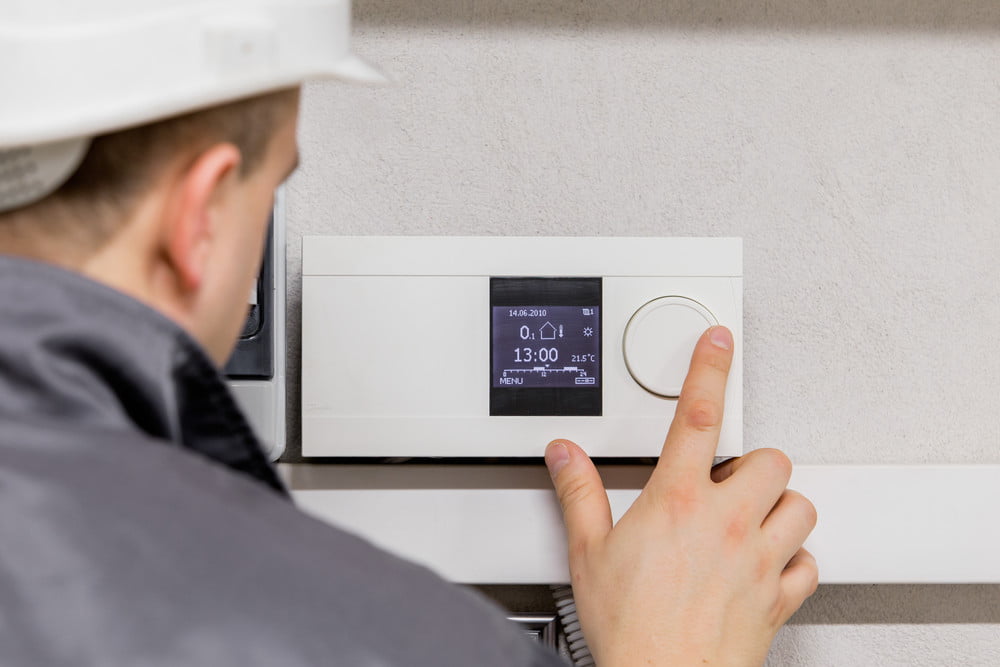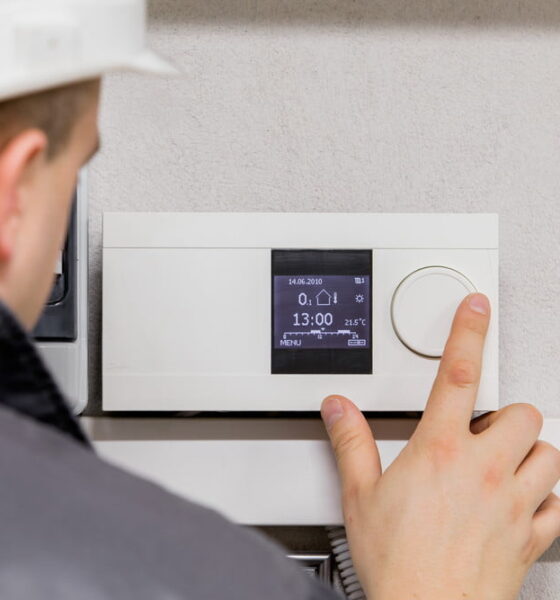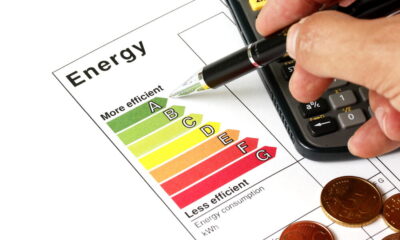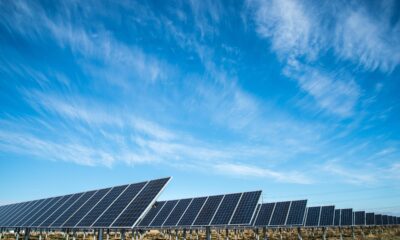

Energy
Help Save The Planet With The Best Energy Efficient HVAC Systems
HVAC is an old technology that was not always built with the environment in mind. Vista College has pointed out that this is changing. HVAC systems are being built in ways that that they can be better for the environment.
Vista College cited a couple of interesting trends. The demand for HVAC technicians is growing by 14% a year. As a growing number of people turn to sustainable technology solutions, they will show a greater preference for HVAC technicians that know how to install energy efficient HVAC solutions.
You need to be aware of the different sustainable HVAC options available to you. There are a number of great HVAC systems that are good for the environment.
The Birth of Green HVAC Technology
In the brittle cold of winter and the sizzling heat of summer, energy efficient HVAC systems are very important to our way of live. But you’re paying your energy bill every month of the year so, from an economic standpoint, this is always an important priority. You need to balance the environment and financial impacts of HVAC systems.
If you browse the internet, then you’ll find volumes of statistics and advice on the subject. But how do you separate the truth from the sales pitches? The truth is, energy efficiency is specific to the HVAC system itself, in the context of how it’s used and where it’s installed. What’s efficient for your neighbor, your boss or your brother-in-law is not necessarily efficient for you, your family, and your home.
When it comes to HVAC systems and equipment, the degree of energy efficiency must be considered as part of a larger picture.
The Technical Definition of Energy Efficient HVAC Systems
The simple answer is that there isn’t a technical definition of “energy efficiency,” unless you are very technical and look at the definitions outlined under the laws of thermodynamics.
Generally, this term is used to classify those systems that perform the same level of service while using less energy than the system you’re comparing it to. In the case of a heating and AC system, the one that can heat and cool your home to your satisfaction, while using less power than the other choices, would be most energy efficient.
As you can see, the term is more appropriate for comparison than strict definition. But, depending on your needs and the specifics of your home, that comparison will be different for you than for other consumers.
Energy Efficiency Depends on Both Setting and Application
One reliable way to evaluate furnaces, heat pumps and other HVAC products is to look for the Energy Star designation and evaluate that rating compared to similar products.
But even Energy Star is clear that the user must take steps to optimize rated products before they can hope to save the desired amount of money and power. Additionally, Energy Star ratings vary across locations in the U.S. So, for example, a furnace sold in the southern part of the country may be rated as 12 percent more efficient than the same unit when it’s sold in the northern U.S. And an HVAC system that might be efficient for a large home is not necessarily workable for a small home and vice versa.
If Energy Efficiency is Relative, How Do You Select the Best HVAC Equipment?
The key to answering this age-old question is fairly straightforward: do your research well in advance of purchasing heating and air conditioning equipment.
Consider other important factors such as how much insulation your home has in the attic and walls, how many windows you have and how they’re oriented, and how much air seepage you experience around windows and doors, through cracks, etc. Your choice may even vary depending on the types of window coverings you have, what materials your exterior doors are made of, and even what type of floor coverings you have installed in your home.
Heating and cooling systems, unless properly sized, will not perform efficiently and will ultimately cost you more to operate over time. Consumers spend significantly more for HVAC equipment that is identified as more efficient, with the hope of recovering their investment and saving even more money over time. Choosing the right HVAC system components will help ensure you accomplish your goals.
Green Technology is Changing the Future of HVAC
HVAC technology is evolving with the green living revolution. A growing number of HVAC manufacturers are making sure that their technology is more energy efficient. You should be aware of your options if green technology is important to you.






























